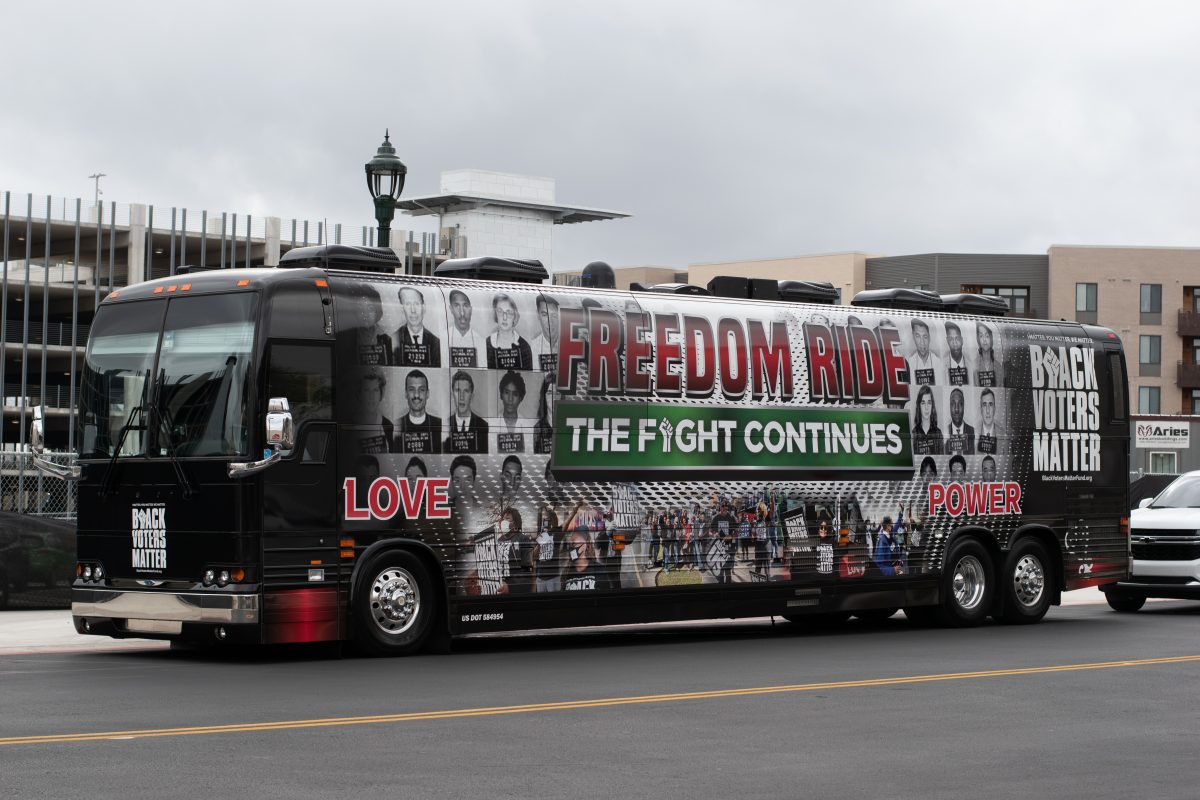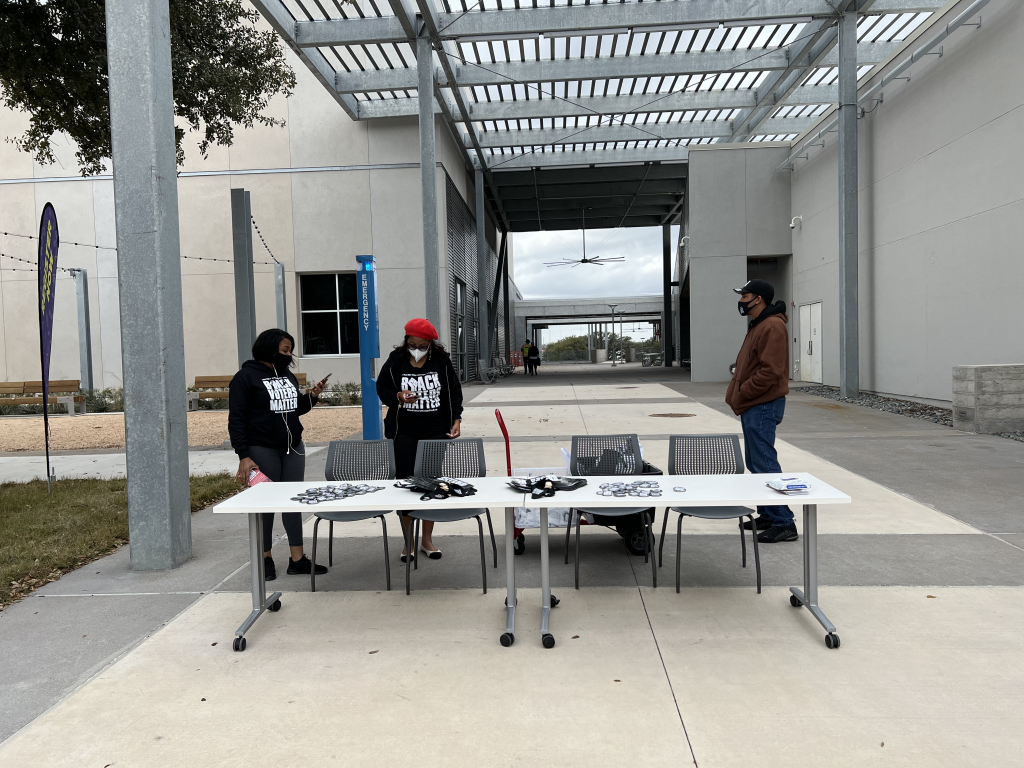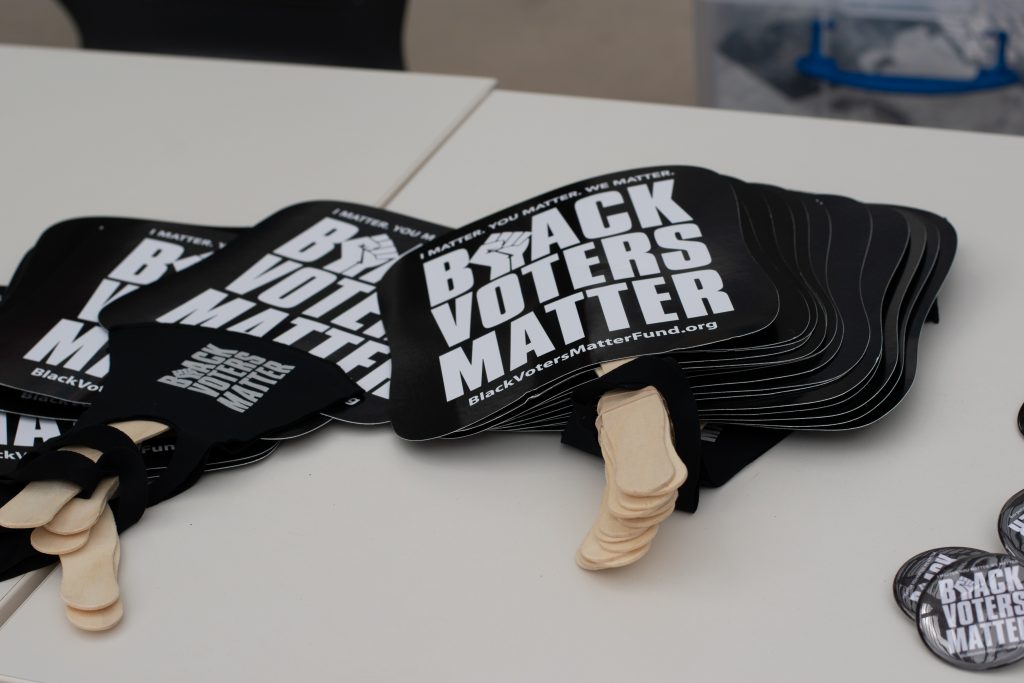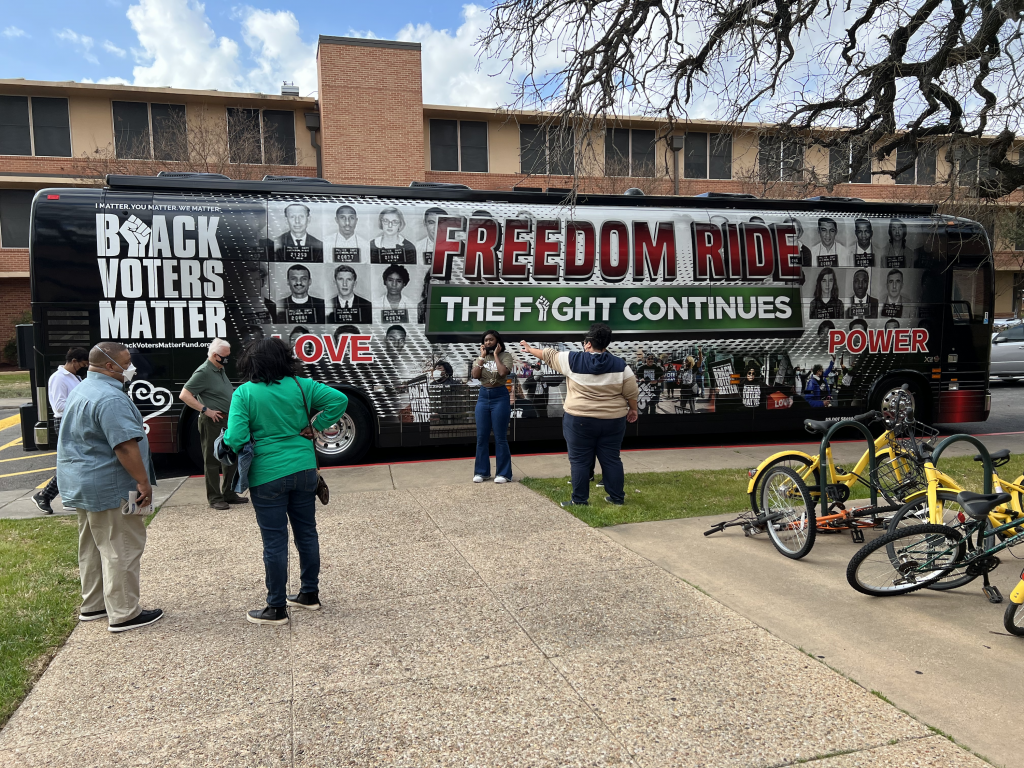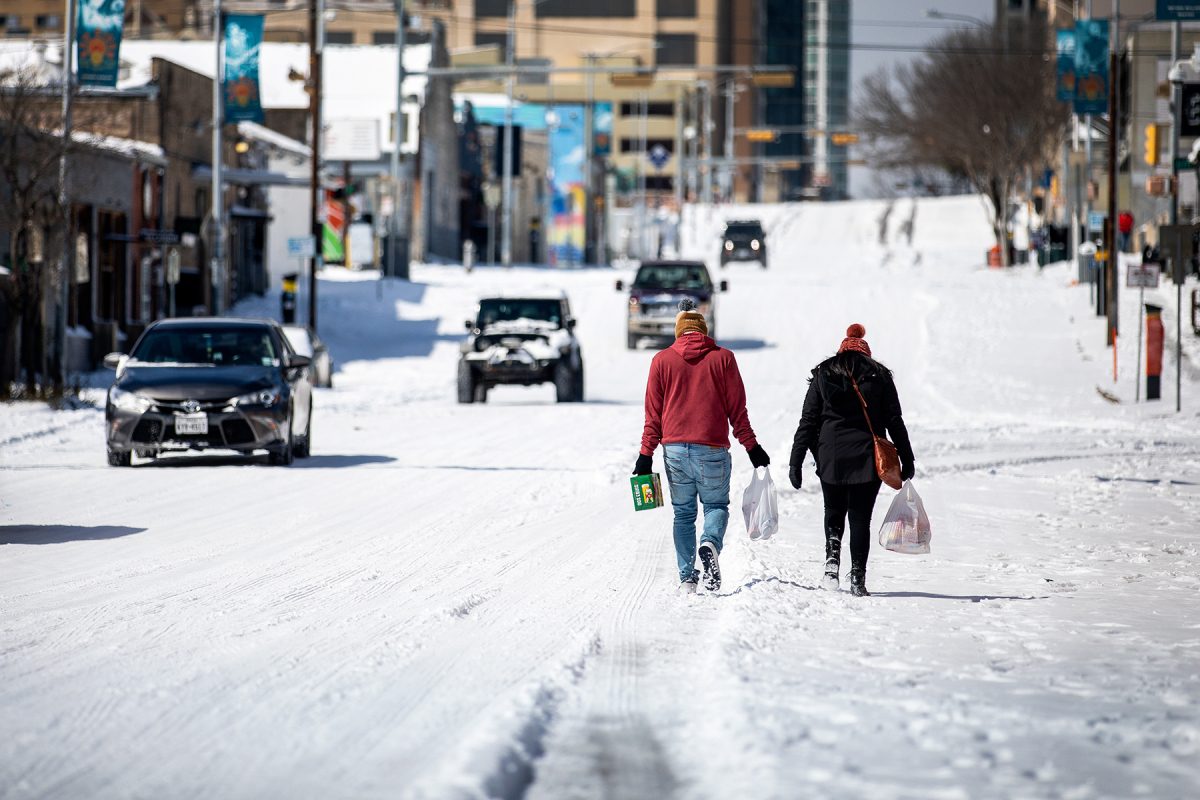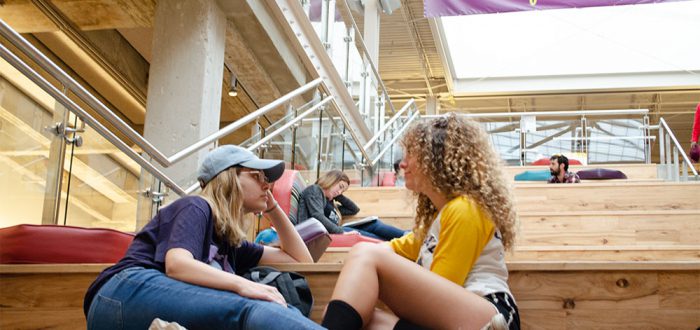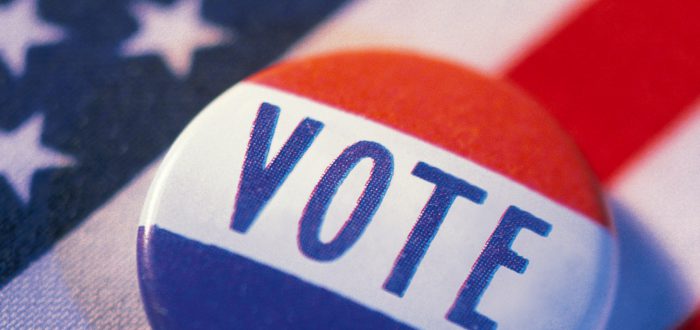by Ky Duffey
March is Women’s History Month. Every year, the U.S. Department of Defense and various branches of the U.S. military commemorate the outstanding contributions and glass ceilings smashed by women of the Armed Services, both past and present. But these acclamations fall under the cloud of another death at Ford Hood, a U.S. Army post located near Killeen, Texas.
Ana Basalduaruiz, 20, joined the Army in 2021 as a combat engineer with the 1st Cavalry Division. She was an avid reader since the age of 5 and loved to dance. She was a fan of Brazilian author Paulo Coelho and American singer Selena Gomez. She loved plants, particularly the smell of fresh lavender.
She was also very organized and disciplined which led to her interest in joining the Army in addition to traveling and finding success for herself and her family. But those aspirations came to a sudden halt when Basalduaruiz was found dead on Fort Hood on March 13, according to Fort Hood officials.
A press report released by Fort Hood officials states that the Army Criminal Investigation Division is actively investigating and that, as of now, no foul play is evident.
“A loss of any one of our Soldiers is a tragedy and it is no different in the death of Private Ana Basalduaruiz. Our hearts and thoughts go out to the family, friends and colleagues of Ana,” said Col. Christopher Dempsey, Commander, 1st Armored Brigade Combat Team, 1st Cavalry Division, via the press report. “We have remained in constant contact with both parents of Private Basalduaruiz, and will continue to keep them updated.”
Despite the reports from Fort Hood officials, Private Basalduaruiz’ mother, Alejandra Ruiz Zarco, in a statement to Telemundo News, said her daughter told her and friends that she was being harassed by an Army superior and was a target of repeated sexual advances on base.
Zarco last talked to her daughter on March 8 at which Basalduaruiz told her she was “very sad, that she was going through very difficult things, that things were not as normal as she thought, that she couldn’t tell me much, but that there was going to be a moment when we were going to be together and she could tell me everything,” Zarco said to Telemundo in Spanish.
Fort Hood officials have acknowledged the harassment allegations and are also investigating the claims. “Information related to any possible harassment will be addressed and investigated fully,” officials said via the press report.
However, in light of the recent allegations of harassment, civil rights groups are calling for an independent investigation. The League of United Latin American Citizens (LULAC), in a press release, called for the F.B.I. to investigate the allegations.
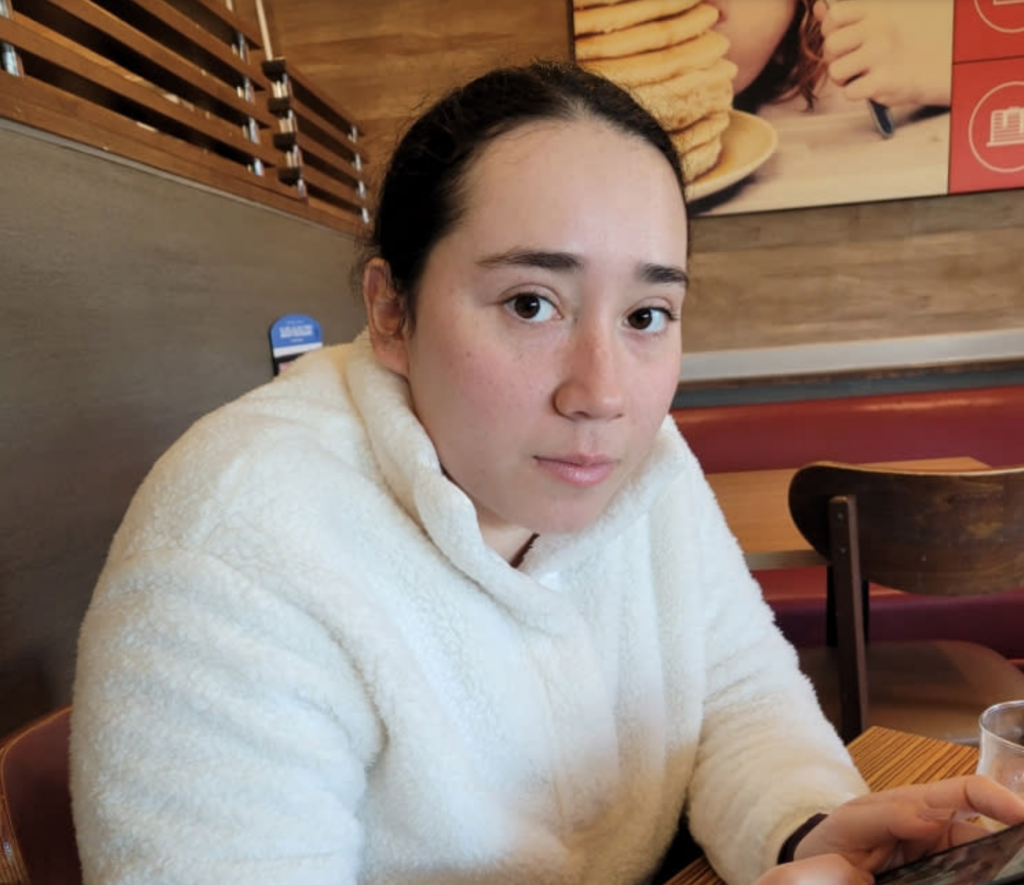
“We have already informed the Army that LULAC is demanding action and will not stand down until all the truth emerges about what happened,” LULAC National President Domingo Garcia said via the release. “We are very disappointed and angry that the pattern of mistreatment and abuse is still pervasive at Ft. Hood, and we are demanding an immediate, full, and transparent investigation.”
Basalduaruiz’ death recalls the case of Vanessa Guillen who was murdered by Aaron David Robinson in 2020 after complaining of sexual harassment while stationed at Fort Hood. Guillen’s death led to the “I Am Vanessa Guillen” Act which revamped investigations into military sexual assault and harassment.
A further independent review panel castigated the leadership and climate at Fort Hood, stating it created a permissive environment for sexual assault and harassment. This led to the removal of 14 base leaders following Guillen’s death.
As the investigation into Basalduaruiz’s death continues, it raises questions about sexual harassment and assault cases which are prevalent in the military, particularly towards women. A 2021 Department of Defense study showed that 8.4% of women and 1.5% of men experienced an incident of unwanted sexual contact within the year – the highest it has been in over a decade.
“In addition, rates of sexual harassment, gender discrimination, and workplace hostility increased for women throughout the active force,” said Gilbert Cisneros, Jr., Under Secretary of Defense for Personnel and Readiness, in a letter to the Chairman of the Armed Forces Committee.
A GoFundMe has been set up for Basalduaruiz primarily to help her mother and family members who live in Mexico with transportation and travel expenses to attend her memorial service. After reaching out to LULAC, there were no further updates since their latest press release.
Click here to access the 24/7 National Sexual Assault Telephone Hotline




